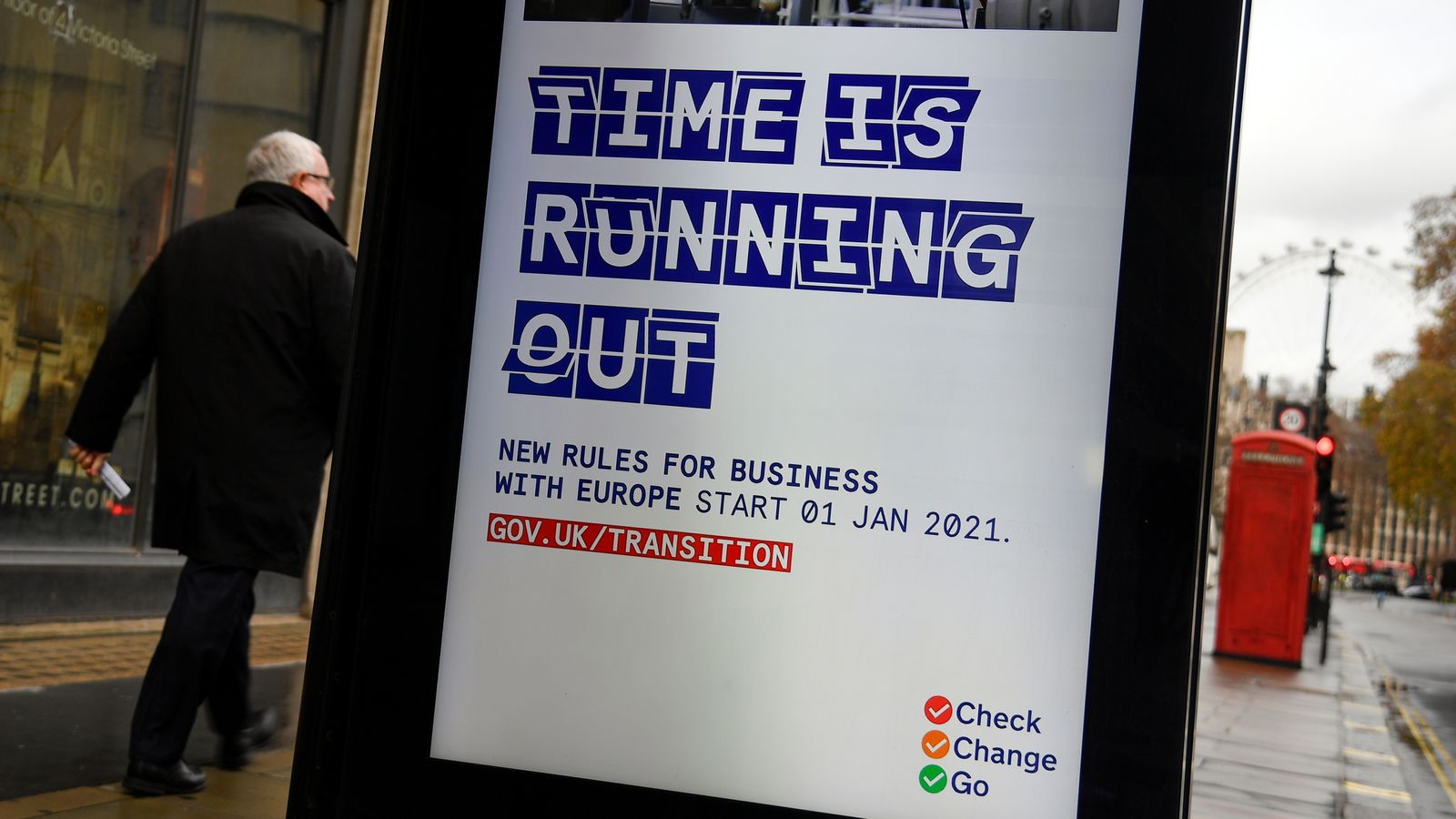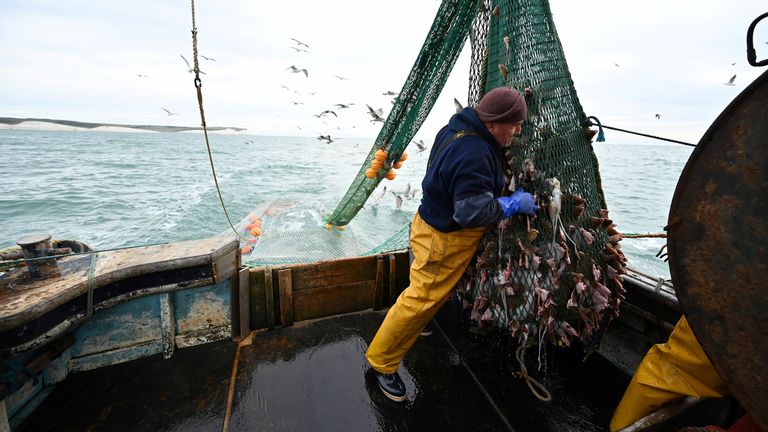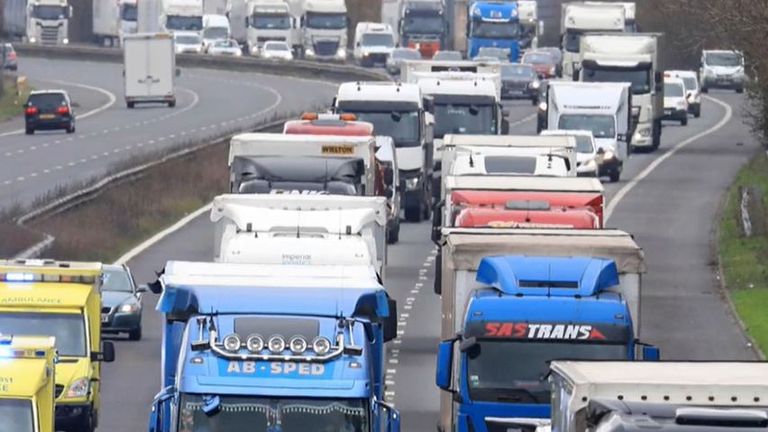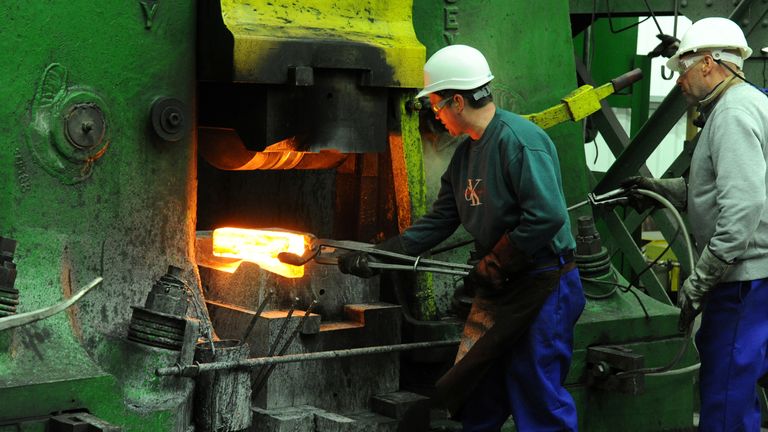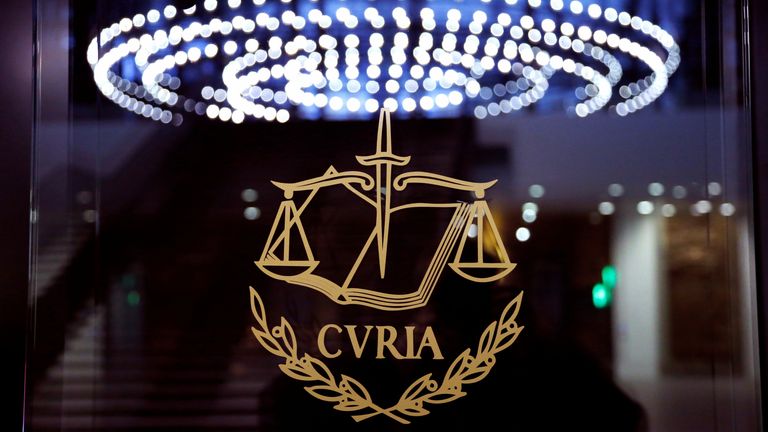Crisis talks are to be held by Boris Johnson and EU chief Ursula von der Leyen in a last-ditch bid to break the impasse on securing a post-Brexit trade deal.
They have been called in to try and get an agreement over the line after the negotiating teams failed to resolve “significant divergences” between the two sides.
It follows months of stop-start discussions, which have barely moved on the three thorniest issues – fisheries, ensuring economic fair play and resolving future disputes.
Fishing
The politically charged issue of fishing is of great symbolic significance to maritime nations, such as the UK and France.
EU countries want their boats to be able to keep fishing in British waters after the end of the transition period on 31 December.
But the UK argues as an independent coastal state it should be able to prioritise its own boats and control access and quotas.
France, which is seen by many on the UK side as the EU nation most resistant to compromise, has threatened to veto any deal.
Fair competition guarantees
Serious issues remain over the so-called level playing field to ensure businesses on one side do not gain an unfair advantage over those on the other side.
In return for continuing access to the single market, the EU is seeking a high degree of alignment by the UK with its standards on workers rights, the environment and particularly state aid for businesses.
Brussels wants to safeguard against the UK becoming a low-regulation economic rival on the bloc’s doorstep.
The British deny they want to undercut the EU, but argue the whole point of Brexit was about “taking back control” and being free to set its own standards and so has resisted curbs on its freedom to set future economic policies.
Settling disputes
The two sides remain at loggerheads over the mechanisms for enforcing any agreement and resolving future disputes.
The UK has insisted as an independent sovereign nation it cannot accept the jurisdiction of the European Court of Justice.
